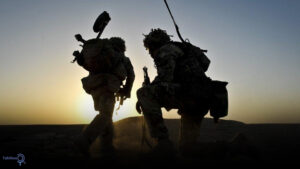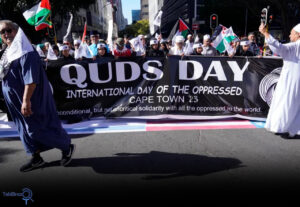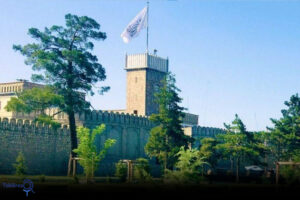Afghanistan after September 11
War on terror! This was the U.S slogan and excuse to invade Afghanistan. A war that was boastfully supposed to last just for a short time, but turned into the longest war in United States’ history!
How it all started
In 2001, a few months after September 11 attack, an international coalition led by the US invaded Afghanistan to destroy Al-Qaeda when the Taliban refused to hand over Osama bin Laden.
After the September 11, 2001 terrorist attacks on the United States, President George Bush announced a comprehensive plan to seek out and stop terrorists around the world. The wars in Afghanistan and Iraq were part of the Global War on Terror, but the term was also used to describe diplomatic, financial, and other actions taken to deny financing or safe harbor to terrorists.
The U.S also promised to bring peace and stability to Afghanistan. The U.S and its allies namely NATO stayed for 20 years to help, but they all left without any specific accomplishments.
At the height of the conflict there were more than 130,000 NATO troops on the ground. By July 2021, nearly all NATO countries had fully withdrawn. The result? Billions of dollars spent and thousands of people killed!
- Afghanistan after September 11: A look at war casualties
Associated press released some statistics about the Human cost of war which is as follows:
American service members killed in Afghanistan: 2448.
U.S. contractors: 3846.
Afghan national military and police: 66000.
Other allied service members, including from other NATO member states: 1144.
Afghan civilians: 47245.
Taliban and other opposition fighters: 51191.
Aid workers: 444.
Journalists: 72.
These numbers are flying in front of our very own eyes, but they are not just numbers, they are people, people who could still live if power seekers had not been this much selfish.

What happened to Afghanistan after September 11
The first implementation destination for the U.S counter-terrorism strategy was Afghanistan. Examining the slogans of President George Bush during the invasion of Afghanistan, as well as other American officials and Washington’s NATO partners such as England, are suitable indicators for the success or failure of this strategy in Afghanistan.
The war lasted for two decades and was known as the longest war of America. During these 20 years of war and militarism, in addition to spending billions of dollars, the lives of thousands of civilians and soldiers were sacrificed for American goals.
Finally, after two decades of war, the US signed a peace agreement with the Taliban, and with its hasty withdrawal, plunged the country into a deeper crisis.
Examining the 3 indicators of the fight against terrorism, the overthrow of the Taliban and the establishment of democracy among the stated goals of the United States at the time of entering Afghanistan, is enough to prove the failure of this country and its strategy in Afghanistan.
This American strategy, in addition to imposing huge human and financial costs on America and its war allies, has also imposed a lot of costs on regional and extra-regional countries.
The migration of millions of people from Iraq, Syria and Afghanistan to neighboring countries and beyond is only a part of the costs.
The new version of Afghanistan after September 11
Today’s Afghanistan have fallen apart. They left Afghanistan. Now the Taliban have returned to the scene of power as a symbol of the isolated and abandoned Afghanistan, while there is no more national army and police, and the modern system of governance has collapsed and its ashes can be seen and touched in the form of monopoly of power and increasing poverty, unemployment, war and terror.
Today’s Afghanistan after September 11, is the result of twenty years of unwise strategies. The best evidence for this is the confessions of American officials and generals about the lack of a clear and useful strategy in Afghanistan.
But look at Afghanistan after September 11! Who is paying the cost of war? again poor Afghan civilians!

And who do not care? The U.S powers and its allies and warlords. The future of Afghanistan is a big question mark at an uncertain time. This is while the economic crisis, poverty and hunger, and the political crisis are seriously threatening Afghanistan, and the risk of increasing terrorism and attracting young people to foreign and domestic terrorist groups has increased.
Mohsen Shahrafiee













